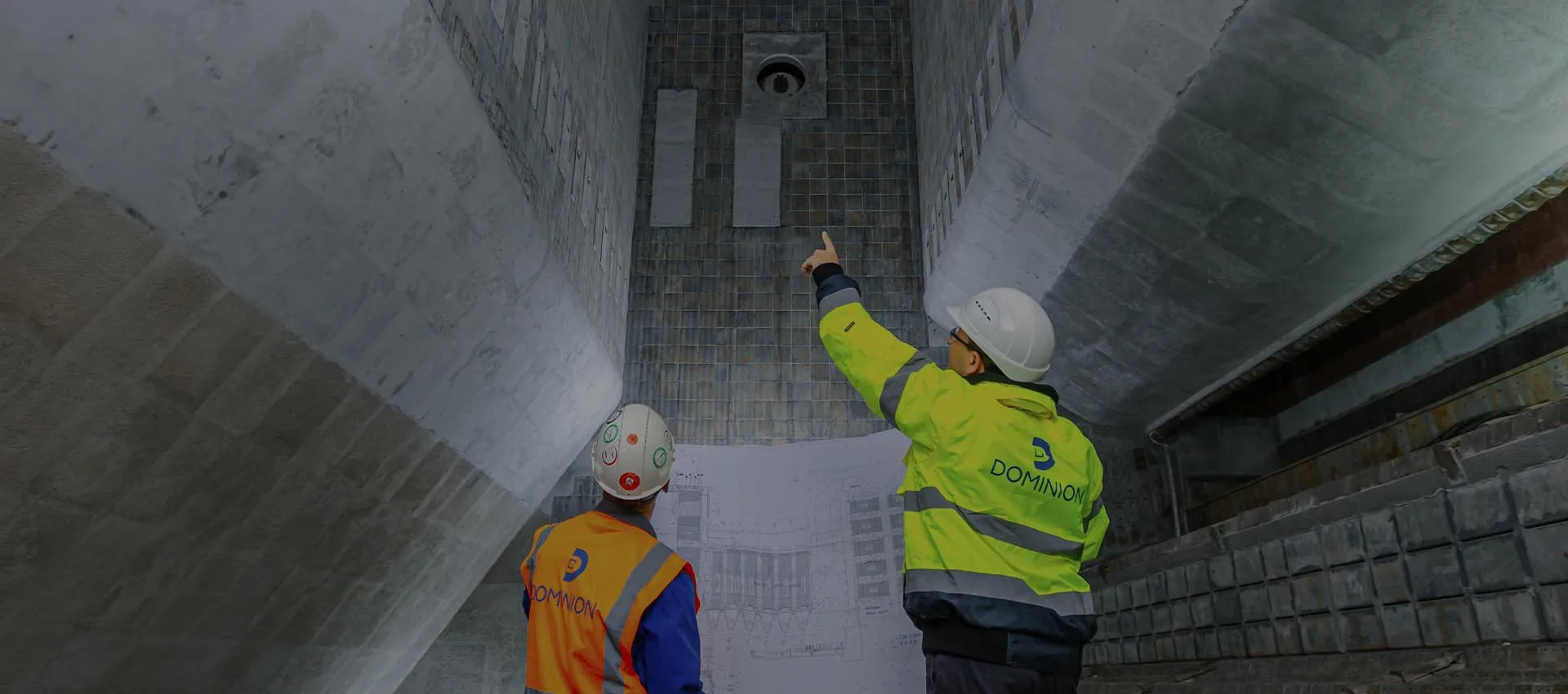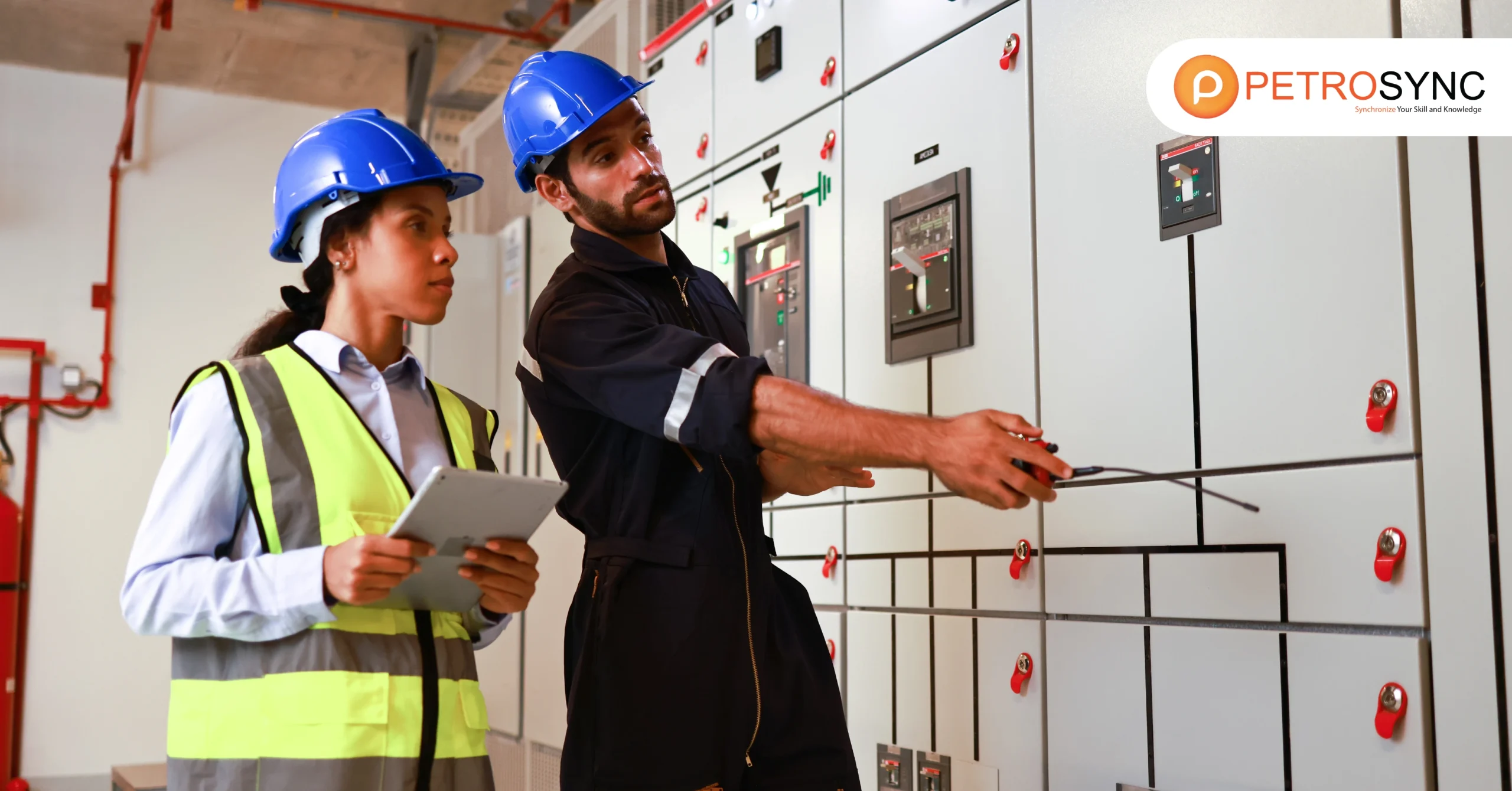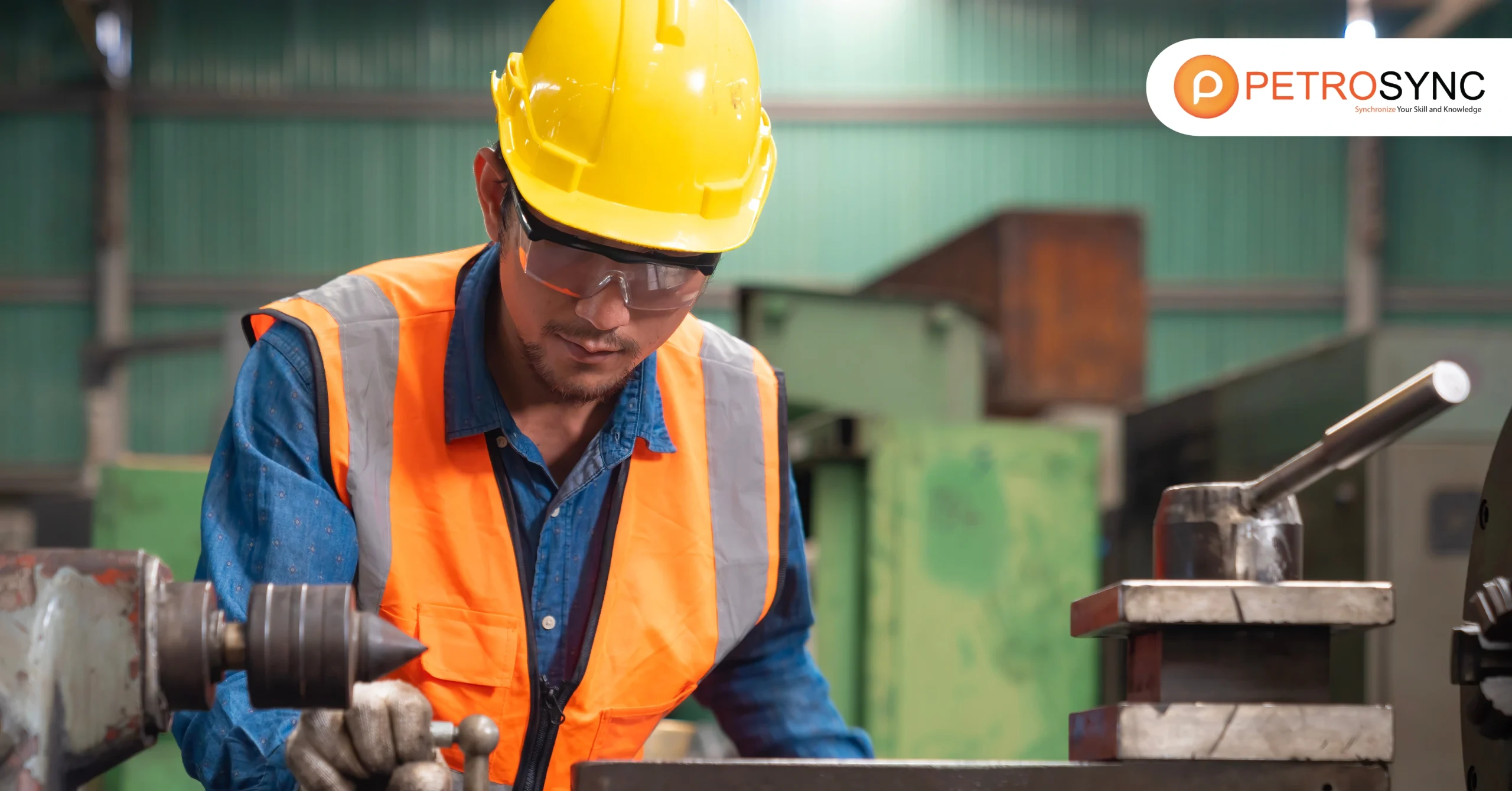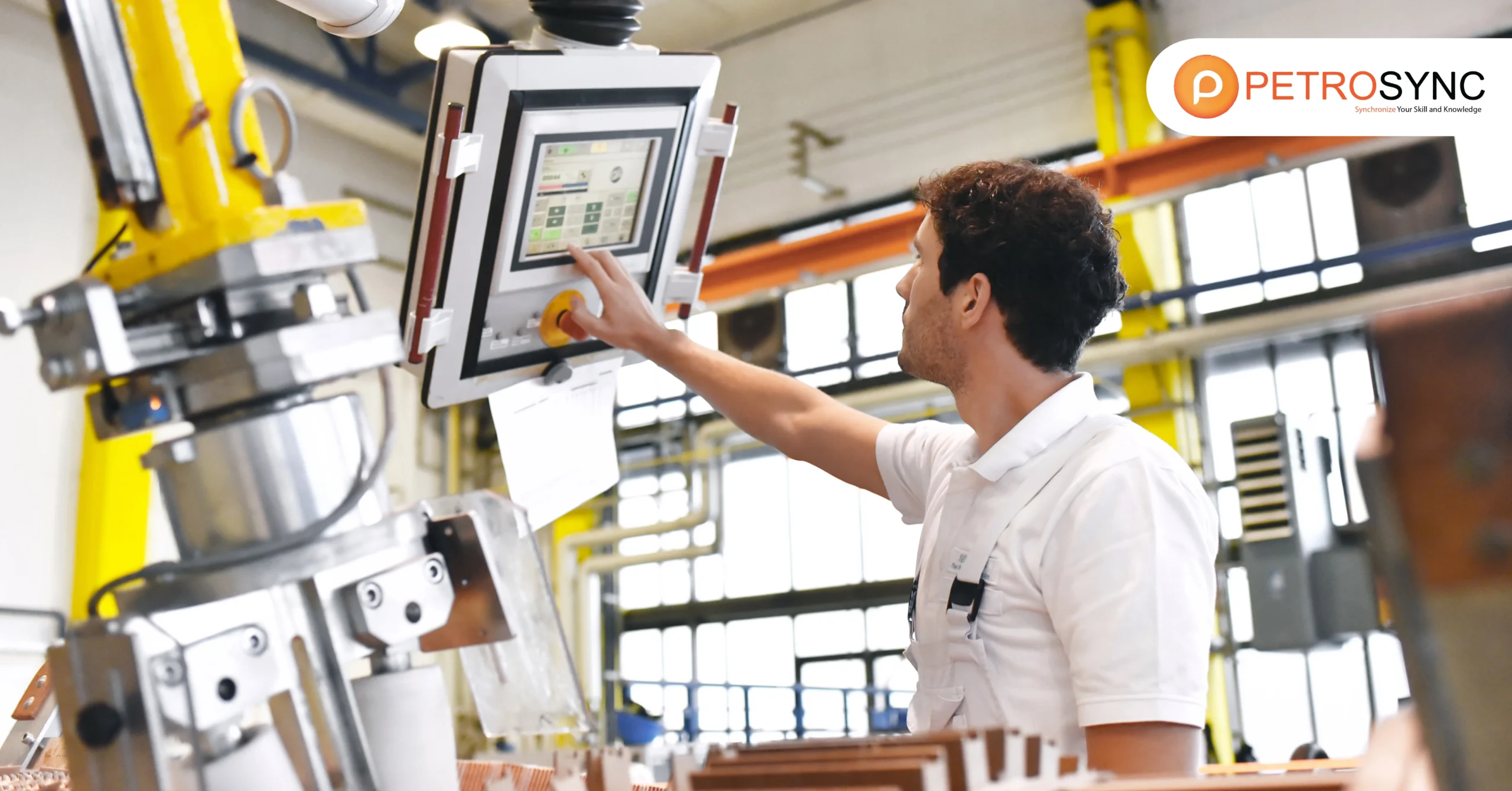API 936 – a certification program for refractory personnel developed by one of the notable standards regulated by the American Petroleum Institute (API). In this API 936 FAQ resource, we provide expert insights and practical tips to help you understand the significance of API 936, its importance in maintaining high-temperature equipment, and valuable advice for preparation and implementation.
What Does API 936 Stand For?
API 936 stands for a certification program called the “Refractory Personnel Certification,” which raises the bar of competence for qualified personnel. These individuals must know about the installation, inspection, testing, and repair of refractory linings.
The API 936 program, created by the American Petroleum Institute (API), focuses on making sure people know how to inspect, test, and take care of refractory linings in heaters and furnaces. So, API 936 sets the standard for the individuals to have the right skills and knowledge to keep high-temperature equipment safe and working well.
What Are Some API 936 FAQ?
We have compiled some of the most frequently asked questions related to API 936 for you to get to know more about this refractory material standard:
1. Which API Certification Is Best?
Determining the best API Certification through the API Individual Certification Program (ICP) depends on your specific field or area of expertise. Each API certification is designed for a particular industry or job role.
To find the best one for you, consider your professional goals, job responsibilities, and the industry sector you are involved in. It’s advisable to review the requirements and benefits of each certification offered by API under the ICP and choose the one that aligns most closely with your career objectives and expertise.
One notable API certification within the Individual Certification Program (ICP) is API 936. This certification is specifically designed for individuals involved in the inspection, testing, and maintenance of refractory linings in high-temperature industrial equipment such as heaters and furnaces.
2. How Much Is The Cost of API 936 Certification?
The cost and fees for API 936 certification can vary. Generally, below are the details of the costs to consider:
| 2024 Program | API Member Fee | Non- Member Fee |
| Initial Certification | $420 | $525 |
| Recertification | $310 | $415 |
| Reschedule | $200 | $200 |
| Late Application Fee | $150 | $150 |
3. How Much Is The API 936 Inspector Salary?
The estimated salary for an API Inspector, holding an API certification, is approximately $80,244 per year in the United States, with an average of $74,767 annually. These figures are based on data from Glassdoor and represent the median, which is the midpoint of the salary ranges.
It’s important to note that actual salaries may vary based on factors such as job title and location (country). The additional estimated pay, which is around $5,476 per year, may include components like cash bonuses, commission, tips, and profit sharing. The “Most Likely Range” reflects values within the 25th and 75th percentiles of all available pay data for this role.
Keep in mind that these figures are general estimates and may not capture variations specific to different roles or regions within the API certification field.
4. What is the significance of API 936?
API 936 denotes a certification program designed for Refractory Personnel. Developed by the American Petroleum Institute (API), it focuses on ensuring individuals possess the requisite knowledge and skills for inspecting, testing, and maintaining refractory linings in heaters and furnaces.
5. Why is obtaining API 936 Certification important?
API 936 Certification is crucial to guarantee the safety and optimal performance of refractory linings in high-temperature industrial equipment. It serves as an indicator that individuals have acquired the necessary skills and knowledge, contributing to the reliability and safety of the equipment.
6. How can one adequately prepare for the API 936 exam?
Preparation involves a comprehensive study of materials recommended by API, practical experience, and a thorough understanding of industry standards. Engaging in preparatory courses and completing practice exams can significantly enhance readiness.
7. What are common challenges in refractory maintenance?
Challenges may include thermal cycling, mechanical stress, chemical exposure, and erosion. Expert advice emphasizes the importance of regular inspections and the selection of appropriate materials to identify and address potential issues proactively.
8. How frequently should refractory linings be inspected?
Regular inspections, ideally on an annual basis, are crucial. However, additional assessments may be required based on factors such as operational changes, modifications, or specific equipment conditions.
9. What are the recommended best practices for refractory installation?
Proper installation is paramount. Adhering to manufacturer specifications regarding surface preparation, material mixing, and curing is essential. Experts emphasize the importance of implementing a quality control plan and maintaining detailed records to identify and rectify issues early in the process.
10. Is it possible to repair refractory linings, or is replacement necessary?
While repairs are feasible, they must align with industry standards. Expert guidance especially from API 936 Inspector is essential to assess the extent of damage and determine whether repair or replacement is the most cost-effective and safe solution.
11. How can individuals stay informed about industry changes and advancements?
Regular participation in conferences, workshops, and training programs is recommended. Joining industry forums, reading technical publications, and actively engaging with professionals contribute to staying updated on the latest developments and best practices.
12. Are there emerging trends in refractory technology?
Advanced materials, digital monitoring, and predictive maintenance are gaining prominence. Staying abreast of these trends is advised to enhance efficiency and prolong the lifespan of refractory linings.
13. What advice do experts offer to aspiring API 936 professionals?
Accumulate hands-on experience, foster a curious mindset, and maintain a commitment to continuous learning. Networking with experienced professionals, seeking mentorship, and active involvement in the industry are key components for building a well-rounded skill set.
As you navigate the complexities of API 936, remember that a well-informed approach ensures safety, reliability, and proficiency in managing high-temperature industrial equipment. If you have further inquiries or seek expert advice, feel free to explore additional resources and continue your journey in mastering API 936 through API 936 FAQ.
Furthermore, if you are looking to enhance your expertise and refine your refractory knowledge and skills, consider exploring API 936 training provided by PetroSync. Our training programs are designed to offer comprehensive insights into the intricacies of API 936 certification, covering essential topics such as installation, inspection, testing, and maintenance of refractory linings.
By enrolling in the PetroSync API 936 course, you can benefit from expert-led sessions, practical demonstrations, and a collaborative learning environment. PetroSync is committed to empowering professionals in the industry, providing the necessary tools to excel in the field of refractory management. Invest in your professional development with Petrosync’s API 936 training and take a step toward mastering the complexities of high-temperature industrial equipment.
Credit header image: Dominion Global

SEO specialist by day, fact-checker by night. An avid reader and content writer dedicated to delivering accurate and engaging articles through research and credible sources.






